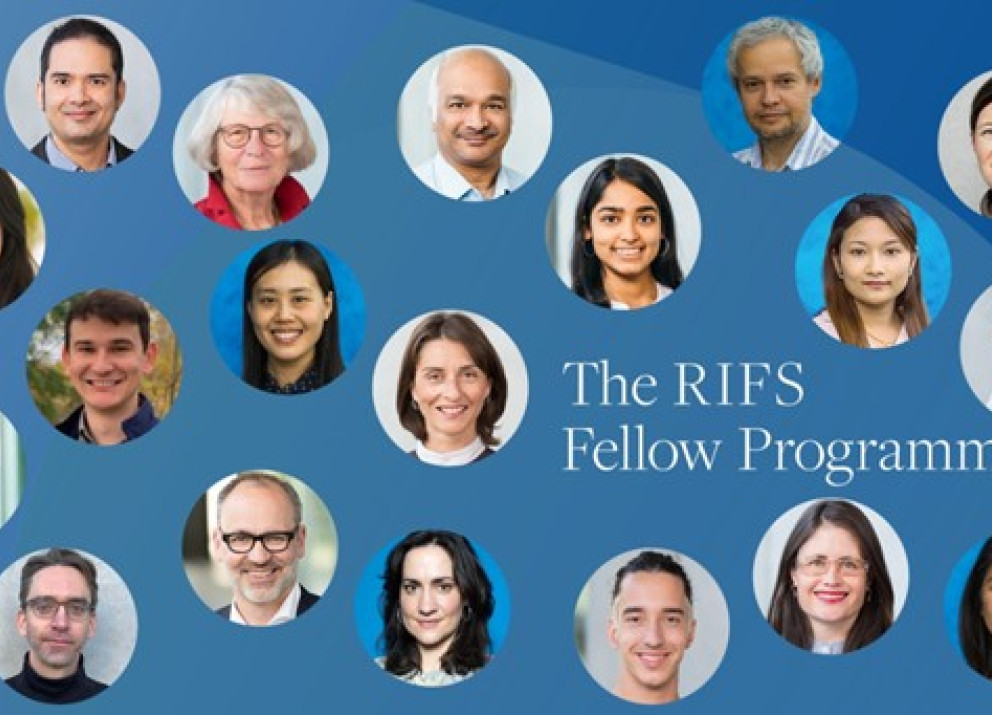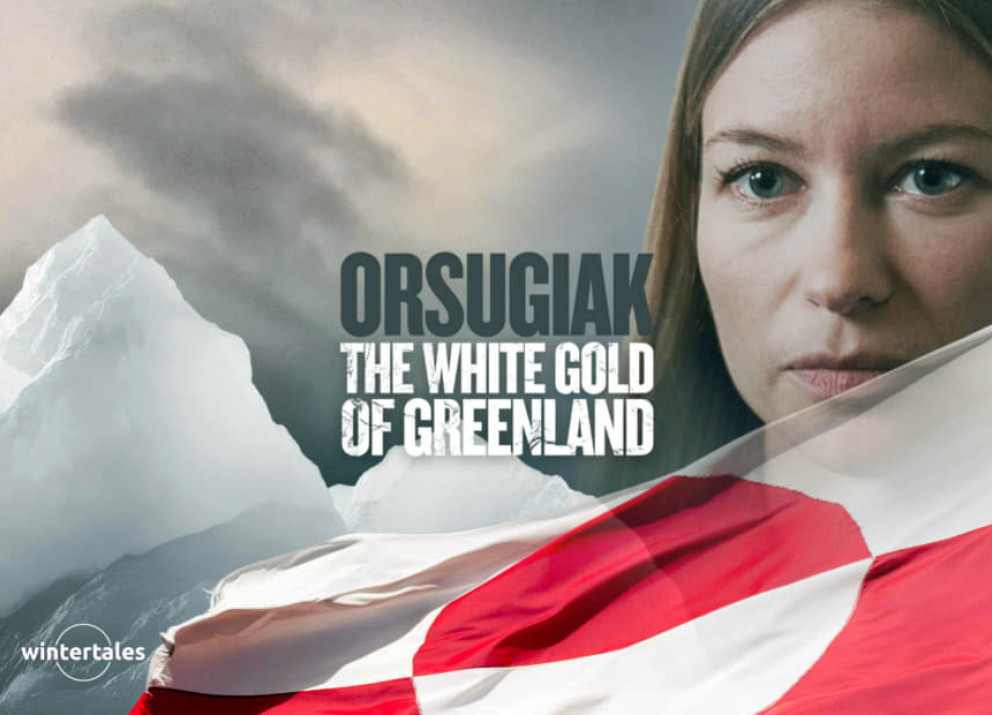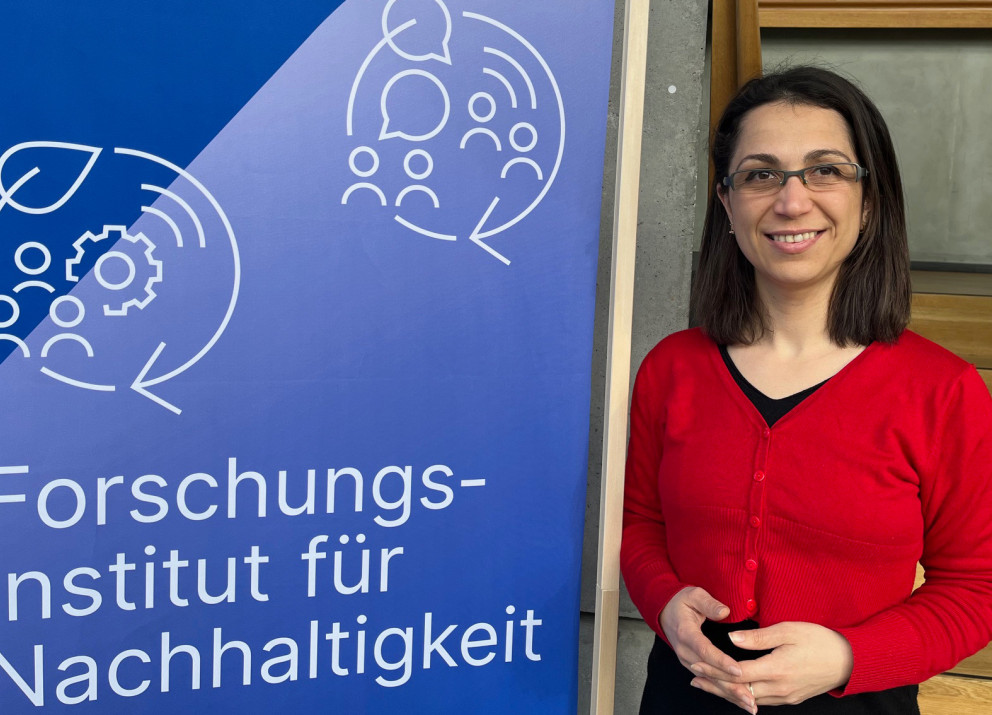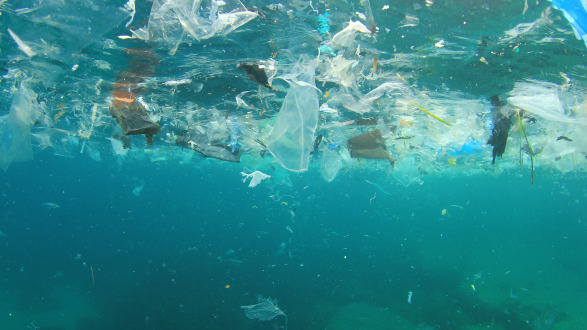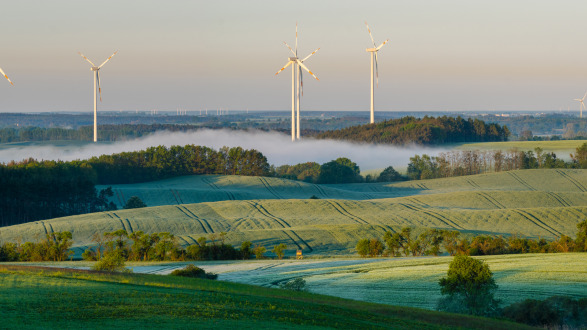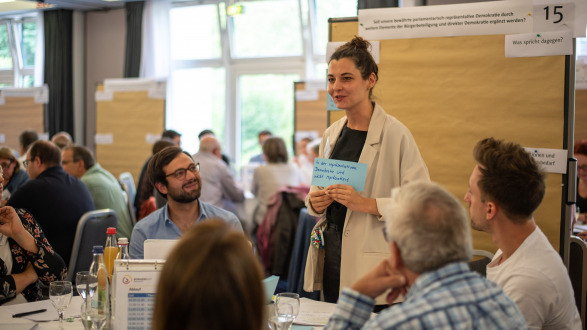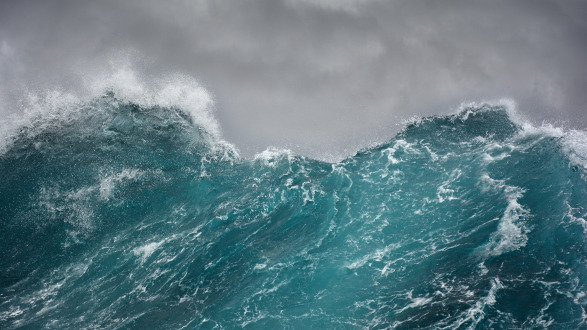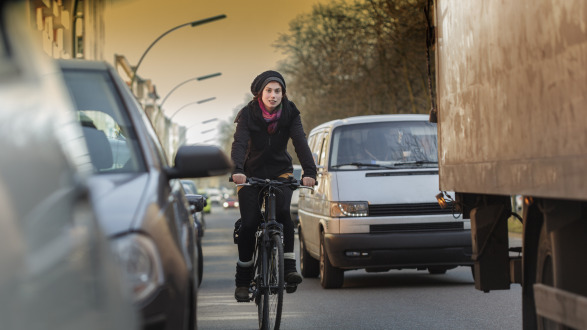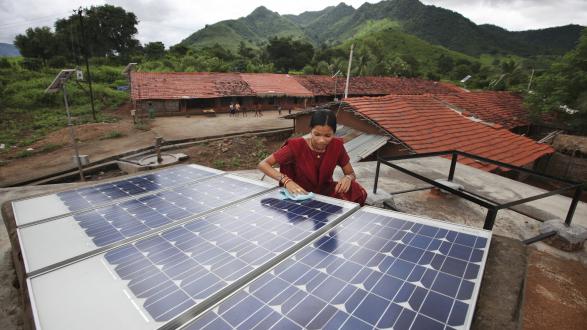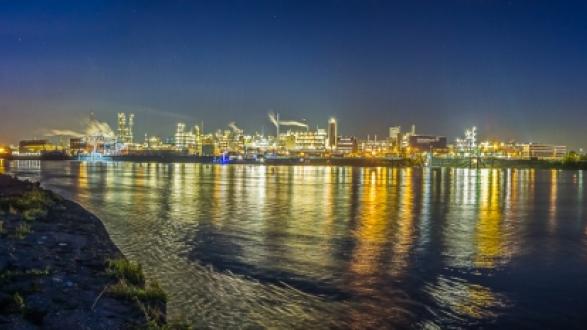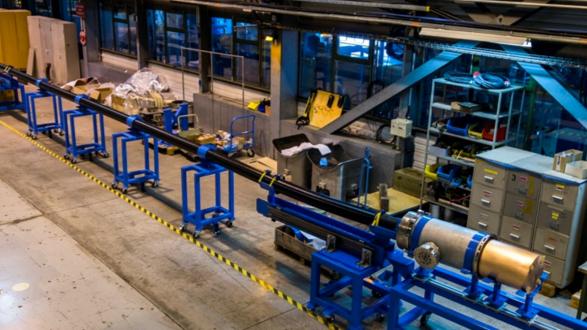RIFS conducts research with the goal of understanding, advancing, and guiding processes of societal change towards sustainable development.
In brief
Helmholtz Stakeholder Workshop
How can chemical pollution, competitiveness, and new approach methodologies be aligned? Around 25 participants from civil society (NGOs), politics and business, as well as research and academia disussed the upcoming REACH revision
Amazon of Rights
Global Ecojurisprudence in Times of Urgency: This Interdisciplinary gathering will bring together scholars, practitioners, activists, and artists for two days of in-depth discussions and exchanges.
Are We Heading towards an Anthropocene 2.0?
In an article for the Leibniz Association's blog “Value of the Past”, RIFS Director Mark Lawrence explores the question of whether we are already in an age in which humanity is heading towards a coordinated, intentional stewardship of the planet.
